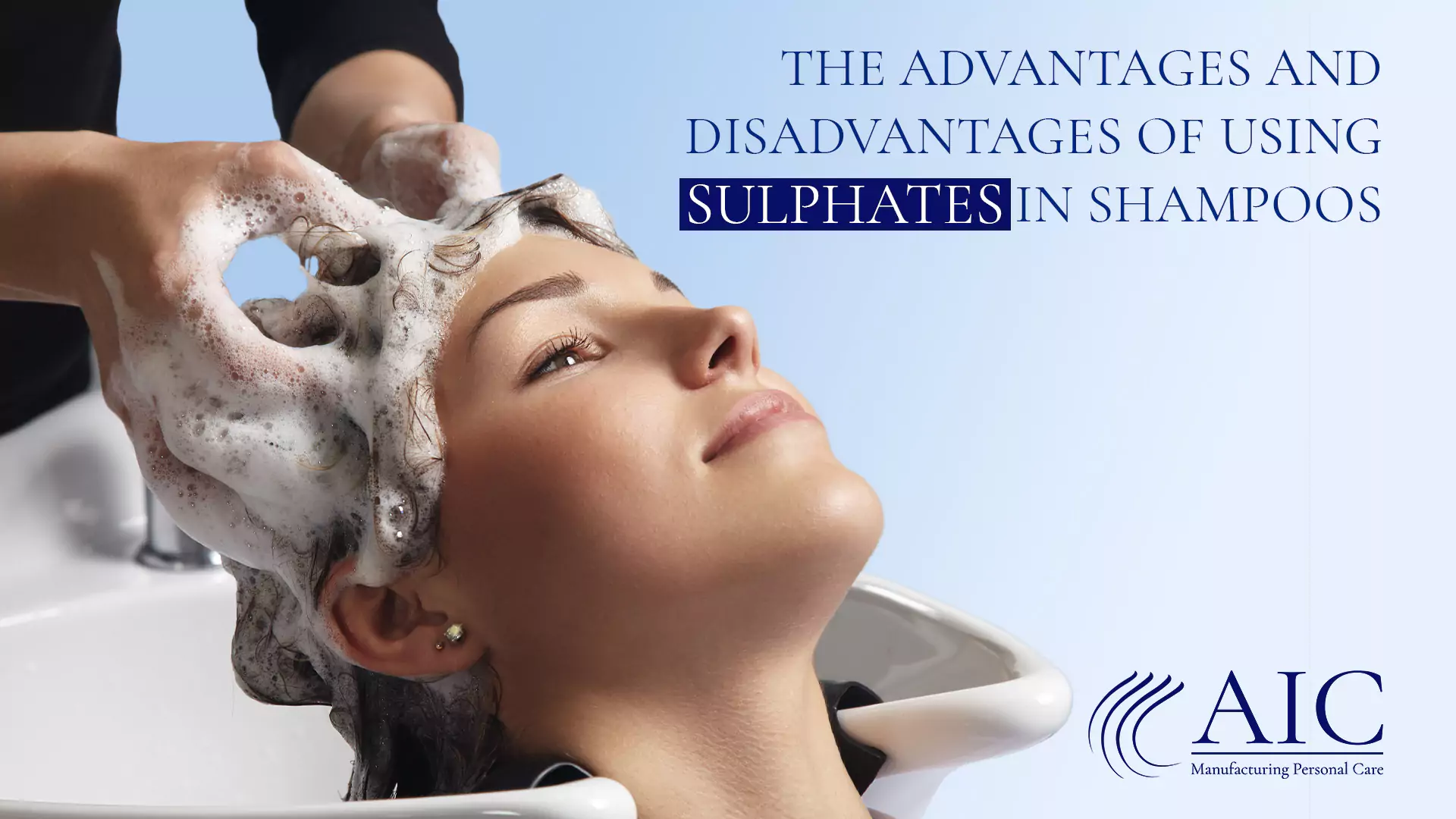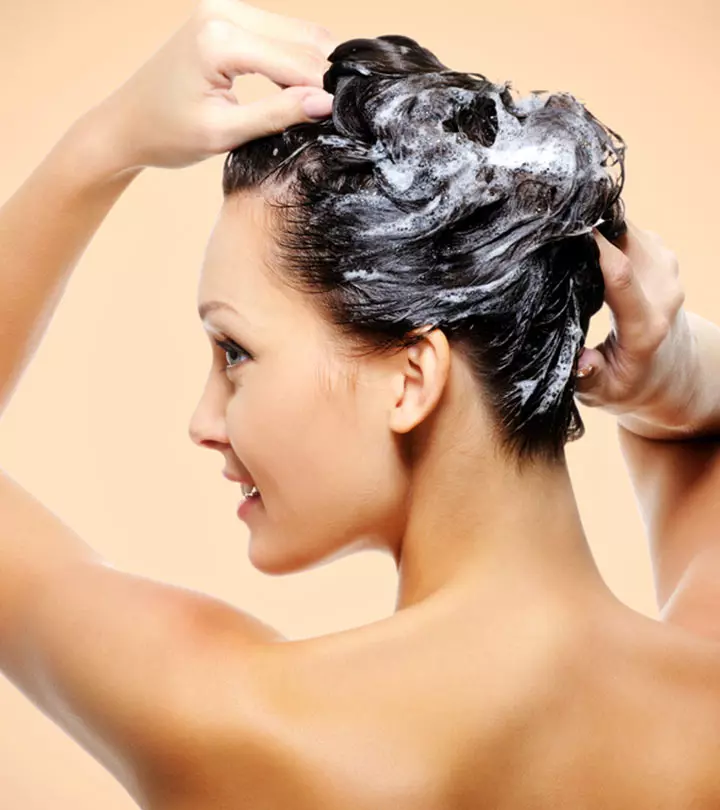9 Easy Facts About Sulfate Free Shampoo Described
Table of ContentsTop Guidelines Of Sulfate Free ShampooRumored Buzz on Sulfate Free ShampooSulfate Free Shampoo Things To Know Before You Get ThisSulfate Free Shampoo Can Be Fun For EveryoneWhat Does Sulfate Free Shampoo Mean?

As opposed to letting your hair birth the impact of sulfate hair shampoos because you think that just lathering can cleanse your hair, you can locate a sulfate-free shampoo (sulfate free shampoo) and conditioner that will offer you smooth, moisturised hair. If this is what you need, Herbal Essences sulfate-free hair care array, that is crafted using powerful aloe, is here to save the day. Sulfate cost-free hair shampoos can be used by any individual with delicate scalp and chemically treated hair. It is suggested that also youngsters need to use sulfate-free hair shampoos as they are mild and moderate on their scalp.
The term sulfate-free shampoo has emerged as one of the most popular buzzwords in the hair care market. While lots of specialists may talk about its numerous benefits and promote it, have you ever wondered what sulfate-free truly indicates? In this post, we go over every little thing from the usages, advantages, and value of sulfate-free hair shampoos.
Some Known Details About Sulfate Free Shampoo
Sulfates are thought about to be great cleaner [1] They are stated to have inmost cleansing properties as contrasted to other cleansing ingredients. Sulfates come from the anionic surfactants class of cleansers that cleanse away compounds. The majority of the hair shampoos consist of both main types of sulfates. These sulfates develop a lathering impact to remove oil and dust from the hair.
In addition, if you have sensitive scalp, sulfates can create inflammation, redness, dry skin, and so on. Sulfates might often be regarded as a standard ingredient in hair shampoos, they might not be appropriate for every person, particularly if you hair shampoo your hair every day. Likewise, it can be damaging to certain hair types and might also create skin irritability in some individuals.

Sulfate-free hair shampoos not just have moisturizing agents however additionally make your hair shinier. Continue Sulfates are harsh on the scalp and might cause irritation and itchiness.
Unknown Facts About Sulfate Free Shampoo
Sulfate-free hair shampoos aid you prevent long-lasting direct exposure to perhaps hazardous chemical compounds. Individuals with colored hair ought to avoid using sulfate hair shampoos as go to the website they are harsh cleansers that remove the shade. Those with completely dry or frizzy hair also must choose sulfate-free shampoos to preserve the all-natural oils on the scalp and hair, and keep moisture.

Some of the obvious signs of sulfate allergic reaction are: Itchiness Breakouts Soreness Hives Inflammation Allergic signs might occur due to other variables too. Speak to your physician to review if you have a sulfate allergic reaction.
These all-natural surfactants effectively remove dust, particles, grease from your hair and are gentler on skin. Many items that have sulfates utilize it in a very reduced focus. Even if they are not excellent for your hair, they are not that poor for you.
The Main Principles Of Sulfate Free Shampoo
A research [5] states that sulfates can trigger damages to hair healthy protein. While another clinical research study [6] suggests that sulfates can also cause an uncomfortable allergic breakout, contact dermatitis, in some individuals. Hence, it's ideal to inspect your hair health and seek advice from a doctor before switching over to a sulfate-free shampoo.
Whether your hair is dry or oily depends upon the structure of your hair. Usually, hair that is straight and fine is oilier than thick, curly hair (sulfate free shampoo). While long term and daily use sulfate hair shampoos can make the hair rough and breakable, sulfate-free shampoo and conditioner can be utilized every day without damaging your hair
This largely depends on your hair type and the density of oil you use before washing. Typically, active ingredients in sulfate-free shampoos are so mild that your hair may really feel greasy even after an extensive clean.
Little Known Facts About Sulfate Free Shampoo.
This, many of the makers add greater concentrations of surfactants to make the shampoo durable. This, nonetheless, damages the objective of utilizing sulfate-free shampoos as the greater concentration creates greasiness in the hair.
Because they are mild and work gently, they will not dry out your hair, or discolor your color also quick, unlike a shampoo that contains sulfates. The most significant problem with sulfate-free hair shampoo is that numerous suppliers replace sulfate with olefin sulfonate, which is a 'close relative' to sulfate. Although it may come to be sulfate-free with a mild variant, it can be harsher than the original sulfate.
Think helpful resources of that you spent in a delicate garment and intended to keep it in leading problem. Would you take it to the completely dry cleaner? Or would certainly you toss it in the washer, put in some super-strength cleaning agent, and start the power cycle? Many people would certainly stay clear of the second optionbecause no one intends to damage something so unique, fragile, and hard to replace.